Culture, Equality, and Grandview’s Student Equity
Photos Courtesy Of: Maya Epstein, Mr. Ortega
What do you think about those thoughts and feelings that you believe no one else experiences? Those feelings that you think only pertain to your culture, ethnicity or religion?
These feelings may not be detrimental to your everyday life, but they have an impact. There’s a true community here that’s committed to helping others feel safe, respected and proud of themselves and others.
It’s Student Equity.
“We hope to create a safe space for students to share their racialized experiences at Grandview,” senior Maya Epstein said. “We also hope to brainstorm and create actionable steps to make Grandview a more equitable place, racially and within all the intersections of identity.”
Maya is one of the co-leaders of Student Equity. In order to create a safe space, there needs to be connection.
One of Student Equity’s main focuses is hearing from all racial, ethnic, and religious backgrounds.
“We need to make sure that the Equity team has different perspectives, that they’re hearing from all sides,” senior Sophia Vertido said.
Vertido is another co-leader of Student Equity. Hearing other perspectives and struggles lets fellow peers know that they’re not alone, creating that sense of community.
“ [It’s] not only refreshing, but it’s nice to hear that [others] go through the same experiences,” Vertido said.
As a group, Student Equity creates concrete goals of how to help, advocate for and support others in order to solve problems shared between groups of students.
“ Students should join Student Equity if they are interested in discussing experiences and culture inclement,” Spanish teacher Mr. Ortega said.
Teachers are also taking notes at these meetings to help them adjust to the students’ needs, hopefully applying it to their learning. As a co-advisor of the club, Mr. Ortega knows all about adapting to his students and helping them in any way he can.
“ [I] offer wisdom when they have questions if I can, help them think about their best ways to go about things. But of course separate from the club I’m also a teacher, so I think a lot about both how I teach and what I teach,” Ortega said.
In offering wisdom, a podcast has been in the works among the co-leaders. Their first episode was a recap of the Racial Affinity forum, and their goal for the future is to have their conversations posted to the Podcast, helping educate the community.
Vertido also appreciates the change in books within the English curriculum, as more diverse experiences have been shared.
“It’s nice to know that kids of color are also being talked about through these books, and they have somewhere to relate,” Vertido said.
Students outside of student Equity are starting to think about how they have a perspective and how theirs co-exist with others. Despite all of the good Student Equity is trying to do for students, they have received some backlash.
“Sometimes it does feel like you’re banging your head on the wall multiple times every single day and you’re getting nowhere, but, small steps, you know?” Vertido said.
“It’s deliberation.”
Having students feel safe and connected involves hard work, but that’s not something the Student Equity leaders shy away from.
“At the end of the day, it is done in the name of creating a world where every person, grounded in the whole of their identity, can be recognized, and met with love systemically and individually,” Epstein said.
“There is joy here, and we aim to amplify that.”

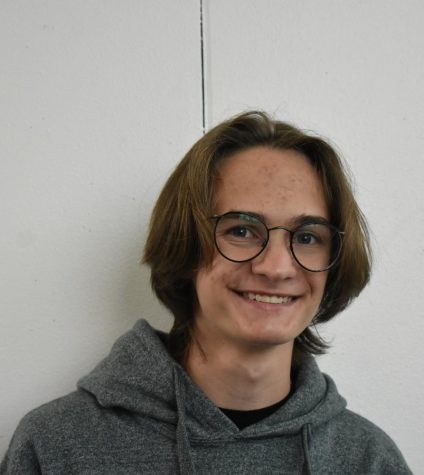
Grade: 12th
Year in the Chro
If you could go to lunch with anyone in history, who would you choose and why?
I would go to lunch with Teddy...

What is the worst movie/tv show you have ever seen? What made it the worst?
Veggie Tales is the worst show ever. The animation is freaky!
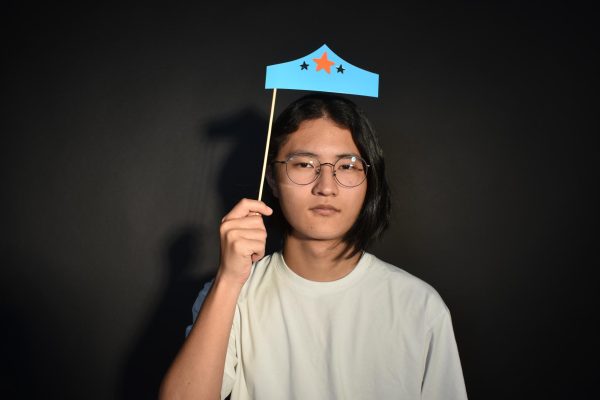
Grade:
I am in 11th grade.
Years on Staff:
This is my third year on staff.
What are you looking forward to most:
I'm looking forward to...


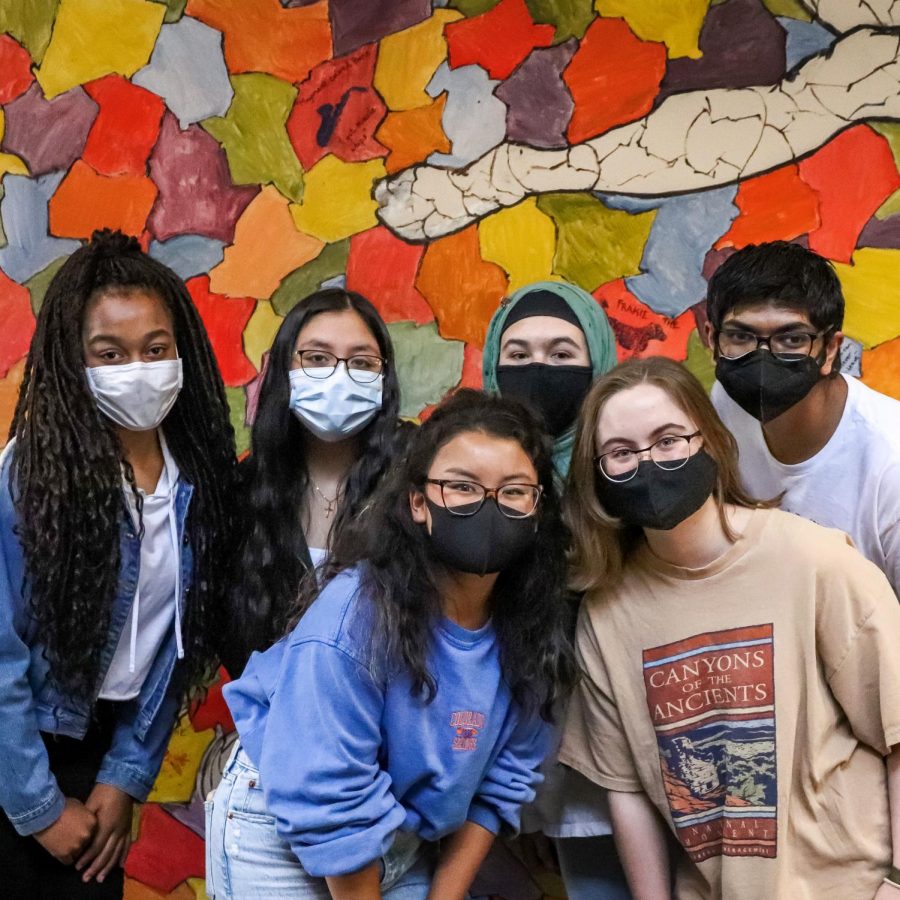
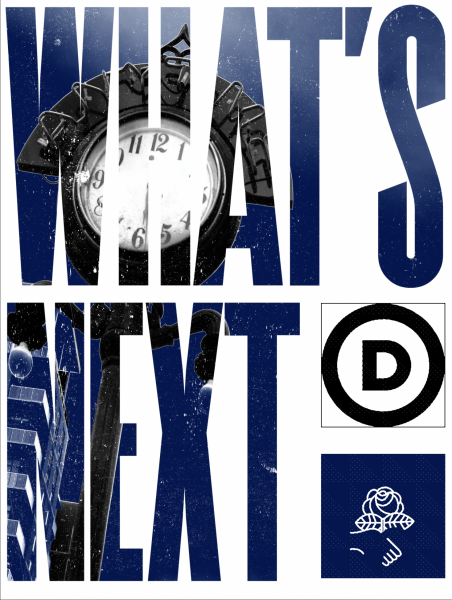
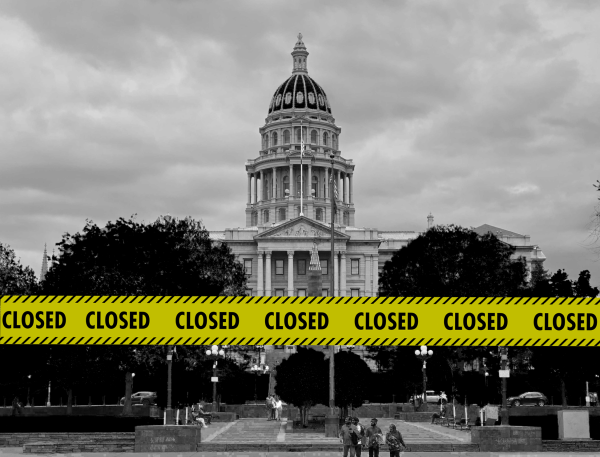
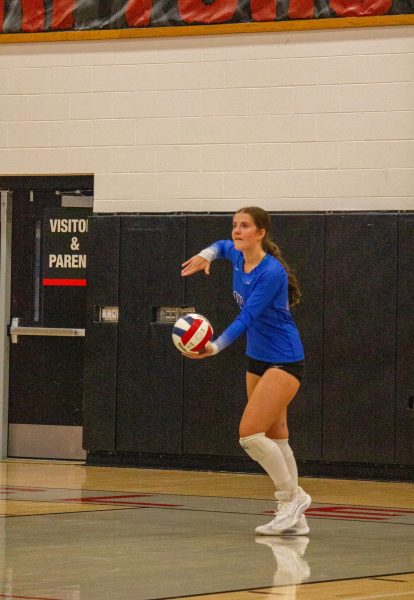
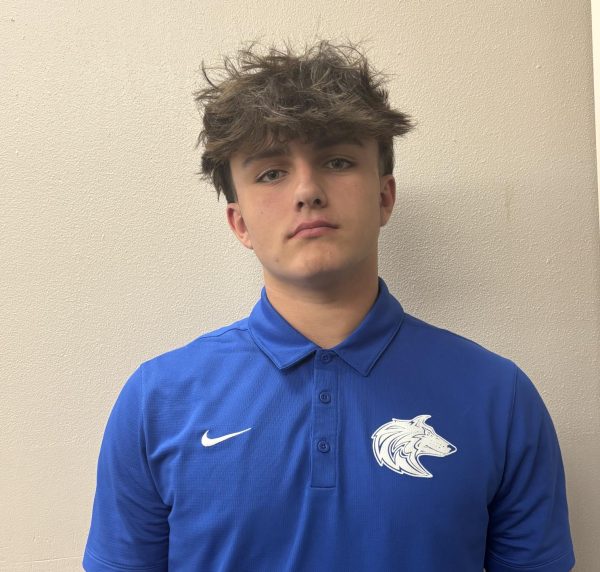
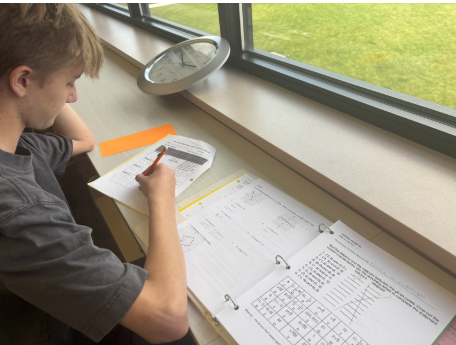

Barb Nieder • Oct 5, 2021 at 9:37 pm
Thank you for such a comforting article which gives the feeling of safety and connection to others .. Student Equity certainly serves a very important purpose… along with your teachers and other members many students can share experiences and feel that they do have an important role in some way no matter how small.. it does take small steps to achieve certain outcomes and you are all proving that.Great job writers and members .. looking forward to many other fine articles created by your chronicle staff… Thank you , Barb Nieder